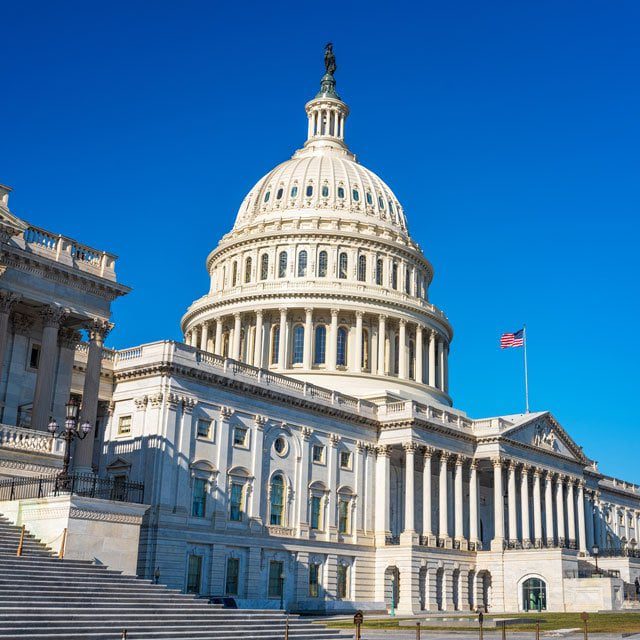Hotly Anticipated Secure 2.0 Act Corrections Bill Lands in House and Senate

Fixing RMDs, SIMPLE IRAs, Starter 401(k)s
Other Secure 2.0 sections addressed in the discussion draft include Section 107, which is designed to allow Americans to further delay required minimum distributions, and Section 601, which is designed to allow SIMPLE IRA and Simplified Employee Pension (SEP) plans to add Roth features.
An issue identified in Section 121 is also addressed, with the discussion draft seeking to fix an inadvertent error that reduced the contribution limit for the new Starter 401(k)s.
Under the draft correction legislation, the contribution limits of the Starter 401(k)/403(b) plans will be the same as the contribution limit for individual retirement accounts IRAs and will be indexed for inflation starting in 2024.
Other corrections are made to Section 110, meant to reaffirm the potential to treat student loan payments as elective deferrals for the purpose of matching contributions in retirement plans, and to Section 110, which improves plan coverage for part-time workers.
What Comes Next
One industry lobbyist who is familiar with the ongoing legislative negotiations told ThinkAdvisor that the push is already on to find a piece of must-pass legislation to which to attach the new Secure 2.0 corrections bill.
Though many in the retirement industry would prefer to see the legislation make it into law this year — thereby allowing the IRS and other regulators enough time to promulgate guiding regulations ahead of important implementation deadlines coded into the Secure 2.0 law — that would be a big lift.
There is simply a very limited number of legislative days remaining in 2023, and there is a bigger need to head off a potential government shutdown that could strike as soon as mid-January if a spending agreement isn’t reached by Democrats and Republicans.
One of the most potentially expeditious pathways for passage would be for the corrections bill to be folded into either of the two big spending packages that will need to be passed sequentially in January and February to keep the federal government open, but it is difficult to say whether that may happen, given the polarized nature of the debate.
Credit: Shutterstock




